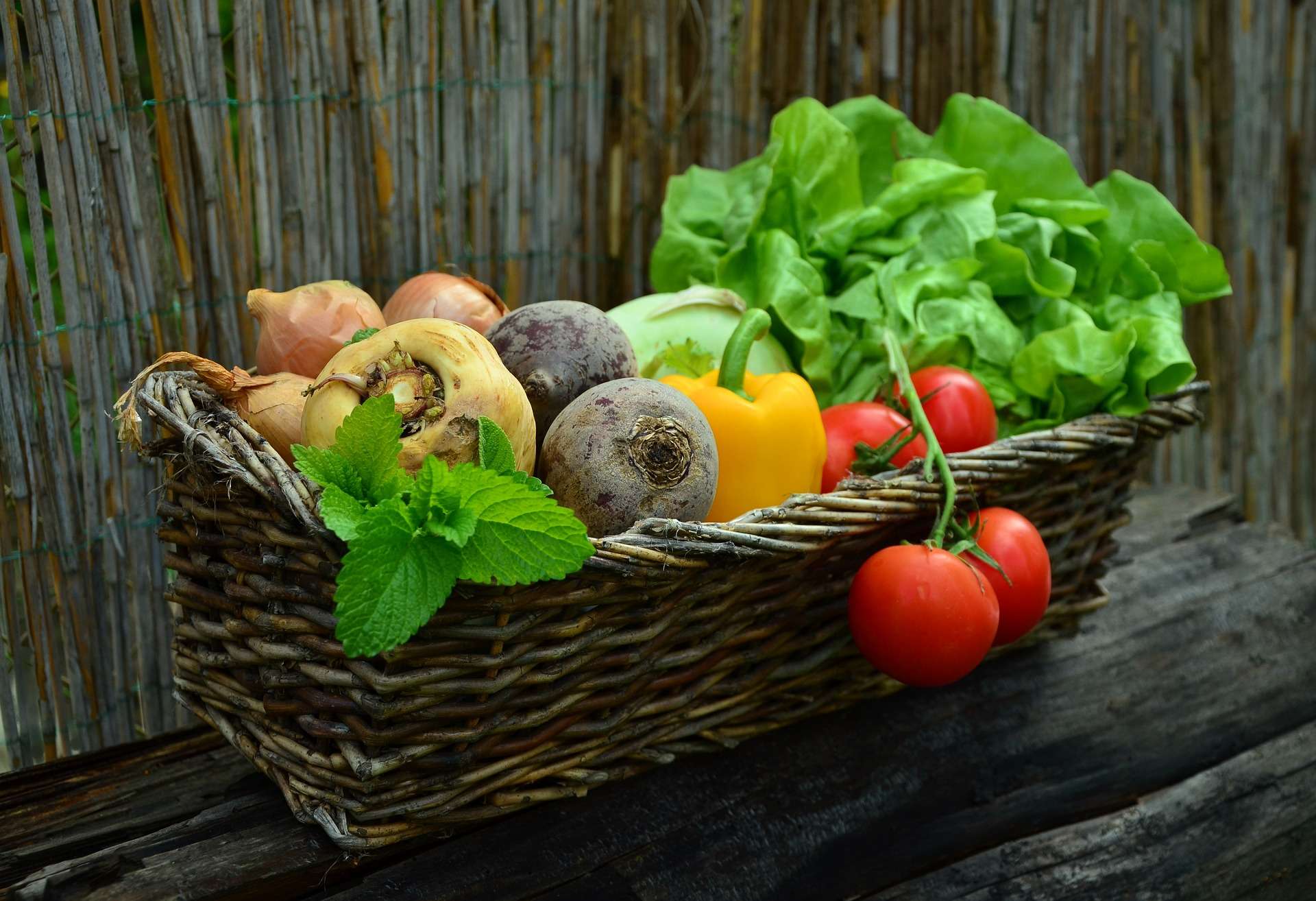Organic Food Are Nutritional and Environmental Benefits: Overrated?

Organic food has become increasingly popular in recent years as consumers become more concerned about the health and environmental impacts of conventional agriculture. Organic food is produced using farming practices that avoid the use of synthetic fertilizers, pesticides, and genetically modified organisms (GMOs). Farmed organic food practices prioritize soil health, biodiversity, and animal welfare. In this article, we will explore the nutritional and environmental benefits of organic food in more detail and examine whether they are overrated.
Nutritional Benefits of Organic Food
Organic food is believed to be healthier and more nutritious than conventionally grown. Several studies have shown that organic fruits and vegetables have higher levels of antioxidants and lower levels of pesticides than conventionally grown fruits and vegetables. Antioxidants are important for preventing diseases such as cancer and heart disease.
In addition to fruits and vegetables, organic meat and dairy products are also believed to be healthier than conventionally produced meat and dairy products. Organic meat is free from growth hormones and antibiotics, which are used in conventionally produced meat to promote growth and prevent diseases. Organic dairy products are also free from antibiotics, and the cows are fed organic feed, which is free from pesticides and chemical fertilizers.
While there is some debate about the nutritional benefits of organic food, the evidence suggests that, on average, more nutritious than conventionally grown food. However, it is important to note that the nutritional content of food can vary depending on several factors, including the soil quality, climate, and growing conditions.
If you're looking for high-quality protein sources that are gluten-free and soy-free, our food technology blog has got you covered. Explore the latest research and discover promising new options for meeting your dietary needs while staying healthy and satisfied.
Environmental Benefits of Organic Food
Organic farming practices are believed to be better for the environment than conventional farming practices. Organic farming relies on natural methods to control pests and diseases, such as crop rotation, composting, and the use of natural predators. This reduces the use of chemical pesticides and fertilizers, which can harm the environment and wildlife.
Organic farming also promotes biodiversity, as it encourages the growth of native plants and animals. This, in turn, helps to maintain healthy ecosystems and reduce the risk of soil erosion and water pollution.
While organic farming practices are generally better for the environment than conventional farming practices, some critics argue that they are not always sustainable or environmentally friendly. For example, organic farming requires more land than conventional farming to produce the same amount of food. This can lead to deforestation and habitat loss.
Are Nutritional and Environmental Benefits of Organic Food Overrated?
While the nutritional and environmental benefits of organic food are well-documented, critics argue that they are overrated. For example, a study published in the American Journal of Clinical Nutrition found that there is no significant difference in the nutritional content of organic and conventionally grown food.
Critics also argue that organic farming practices are not always sustainable or environmentally friendly. For example, organic farming requires more land than conventional farming to produce the same amount of food. This can lead to deforestation and habitat loss.
Despite these criticisms, the evidence suggests that organic food is, on average, healthier and more nutritious than conventionally grown, and that organik farming practices are better for the environment. However, it is important to note that organik farming is not a panacea, and there are many other factors that can influence the health and environmental impacts of food production, including transportation, packaging, and processing.
Discover the real facts about microwaved food that you need to know to stay safe and healthy. Our food technology blog will provide you with in-depth insights into the myths and realities of microwaving, helping you make informed decisions about your diet.
Conclusion
In conclusion, organic food has both nutritional and environmental benefits, but the extent to which they are overrated remains a topic of debate. While organic farming practices aim to promote sustainability, reduce chemical exposure, and improve soil quality, their effects on nutrient composition and overall health outcomes are not yet fully understood. More research is needed to determine the true extent of these benefits.
It is also important to consider the cost and accessibility, as it may not be a viable option for everyone. Conventional farming practices have also made significant improvements in recent years, reducing the use of harmful chemicals and promoting sustainable practices.
Ultimately, the decision to consume organic or conventional food depends on personal preferences, values, and circumstances. A balanced diet that includes a variety of fruits, vegetables, whole grains, and lean proteins is important for overall health, regardless of whether they are grown organically or conventionally.
FAQs
Q1. What does it mean for food to be organic?
A1. Organic food refers to crops and livestock that are grown and raised without the use of synthetic pesticides, fertilizers, genetically modified organisms (GMOs), or irradiation. Organic farming practices aim to promote sustainability, reduce chemical exposure, and improve soil quality.
Q2. Is organic food healthier than conventional one?
A2. While some studies suggest that organic food may have higher levels of certain nutrients and lower levels of pesticide residues, the overall health benefits of organic food are not yet fully understood. More research is needed to determine the true extent of these benefits.
Q3. Are there any downsides to consuming organic food?
A3. One potential downside of consuming is the limited availability and higher cost compared to conventional one. Additionally, organic farming practices may require more land and resources, which could have environmental consequences.
Q4. Can organic farming practices help mitigate climate change?
A4. Organic farming practices can help promote sustainability and reduce greenhouse gas emissions by improving soil health, increasing biodiversity, and reducing chemical inputs. However, the overall impact of organic farming on climate change is still under debate, and more research is needed to fully understand its potential benefits.